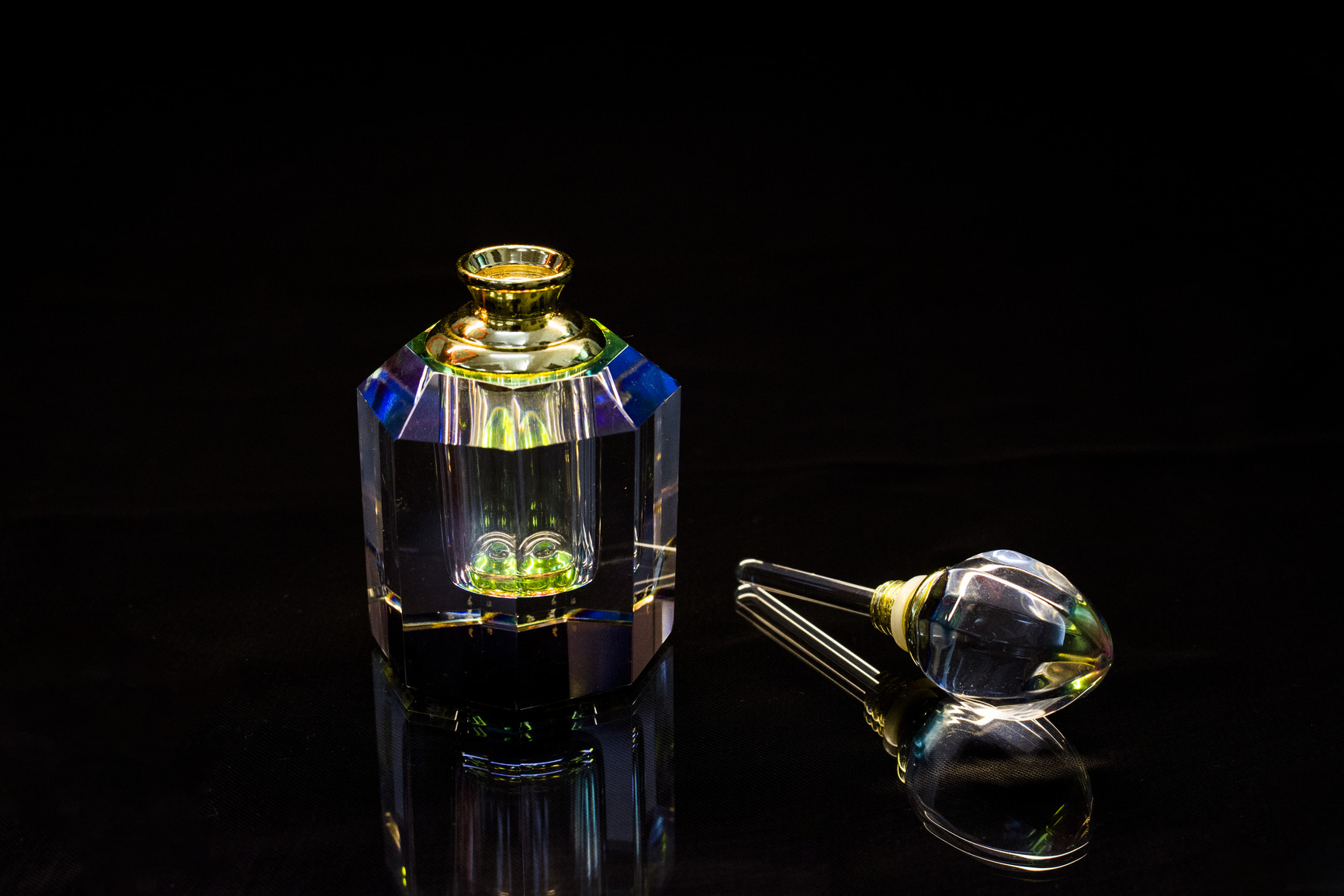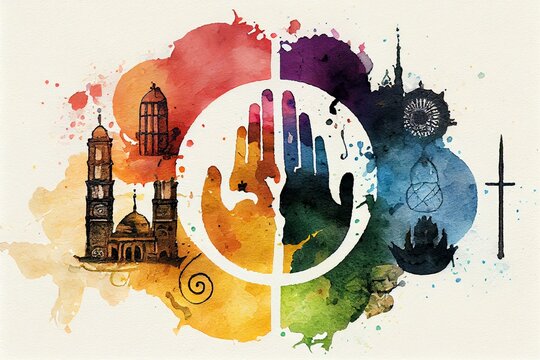Calculation for Crescent: A Reliable Method
By Dr. Muzammil H. Siddiqi, Ameer of the Fiqh Council of North America (FCNA)
There are some frequently asked questions about the moon sighting. Let me mention those questions and their answers:
1. What about the Qur’anic ayah that says,
“So every one of you who is present (at his home) during that month should spend it in fasting (Al-Baqarah 2:185) Does this not mean that one must see the crescent?
A1. The word shahida does not always mean “to see.†It has four different meanings. It means: a) to see; b) to be present; c) to know; d) to testify and announce.
We cannot translate this ayah to mean “Whosoever sees the month must fast,†because a month is a segment of time and time cannot be seen. Secondly if Allah had said “whosoever sees the crescent must fast,†then fasting would be obligatory on only those who could see the moon. Most of the commentators of the Qur’an have taken it mean “to be present (residing at home, not traveling) during the month.
2. The Prophet (s) said “Fast with its sighting…†and in another hadith he is reported to have said that “Do not fast until you see it.â€
Therefore, how can you say that seeing the crescent is not required?
A2: The same expressions are used in the Qur’an for daily prayers “Establish regular prayers with the declining of the sun till the darkness of night…†(17:78), but we do not observe the decline of the Sun or the darkness of the night. We rather use our watches. The same expression is also used for starting and ending our fast, when Allah said, “Eat and drink until the white thread is clear from the black thread and complete your fast until the night.†(2:187), but we use instead our watches to start and end our fasts. This shows that a mechanism can be used to calculate the movement of the sun. If this can be done for the sun, why it cannot be done for the moon? Allah told us both of them move according to set patterns (Ar-Rahman 55:5) and both of them are made to learn counting and to make calendar (Yunus 105).
3. By using calculation, you are going against the “majority of the jurists†(jumhur al-fuqaha).
A3: The jumhur did not forbid the calculation because calculation in this matter was forbidden according to the Shari’ah. They forbade it because they believed that it was not a reliable method. They did not trust the astronomers and some of them thought that astronomers use the same methods of superstition and conjecture that astrologers use. We know that this is not the case and astronomical science is now highly developed.
4. Is this not a bid’ah i.e. innovation in religion?
A4. No, this is not a bid’ah. The definition of bid’ah is “introducing something new in religion.†It is not “introducing something new for the sake of religion.†We are not adding anything new in Islam; we are only using new knowledge to observe the rules of the Shari’ah. It is like using loudspeakers for the adhan. When loudspeakers came and people wanted to use them, some people also objected that it was bid’ah; but now they are used universally without any question.
5. Is this not against the sunnah?
A5. It would have been against the sunnah if we said that we should use solar calendar instead of the lunar calendar or if we said to mix the solar and lunar calendars. It would have been against the sunnah if we said that Ramadan should be in winter only or during summer holidays. We are strictly following the sunnah–actually we can say that by using calculations we are using a more accurate method of following the sunnah.
6. Are you not dividing the ummah by introducing this method?
A6. People are already divided because they cannot agree on one method of sighting the crescent and there are always disputes about who saw it and where and how many etc. Now this is the scientific method and this will help people become more objective and accurate and this will unite the ummah, not immediately but in near future.
7. Watching the moon is easy; calculations are difficult and you are making the ummah dependant on the astronomers.
A7. It is more difficult for people nowadays to watch the crescent. Most people prefer to know about it by making a telephone call or checking through the internet. Easy and difficult are relative terms. Things that were easy are not difficult and things that were difficult at one time are now easy. In the old days it was easy to go out and check the sunrise and sunset for your daily prayers but now using the watches and timetables is easy. No one says that we make people dependant on watches, because watches are easily available.
Similarly, it is very easy to find out today about the phases of the moon through your daily newspapers or by checking through the internet. Those who live in areas where these facilities are not available can use what is easy for them.
8. The Prophet (s) told us that we should make a du’a after sighting the crescent, now how can we say our du’a?
A 8. According to scholars the hilal is not necessarily the crescent of the first night. Some say that the first seven nights of the month are the nights of the hilal. So whenever you see the crescent you make the du’a. Du’a is also recommended. If you did not make du’a by sighting the crescent, your fast is still valid. Du’a is recommended for every month when you see the crescent, not only for the month of Ramadan.
9. Why are you doing this now, why you did not do it 50 years ago?
A9. We have been discussing this for a long time. I have been working with the moon-sighting committee for the past 30 years and most of the time saw Muslims in America divided on this subject. We had to find a solution that can unite us and help us to move forward insha`Allah. May Allah help us.
10. Are you liberal Muslims? Is this a special madhhab that you are creating in America? Will all madhahib agree on this position?
A10. The members of the Fiqh Council are well-known Muslims whose knowledge and services to the ummah are well known. We do not make big claims but we do fear Allah and wish to follow His Messenger’s (s) sunnah to the best of our knowledge and capacity. We are not creating any new madhhab and our members belong to various madhahib, and Alhamdulillah they all agree on this procedure for determining the Islamic dates.
8-40












2006
1,263 views
views
1
comments